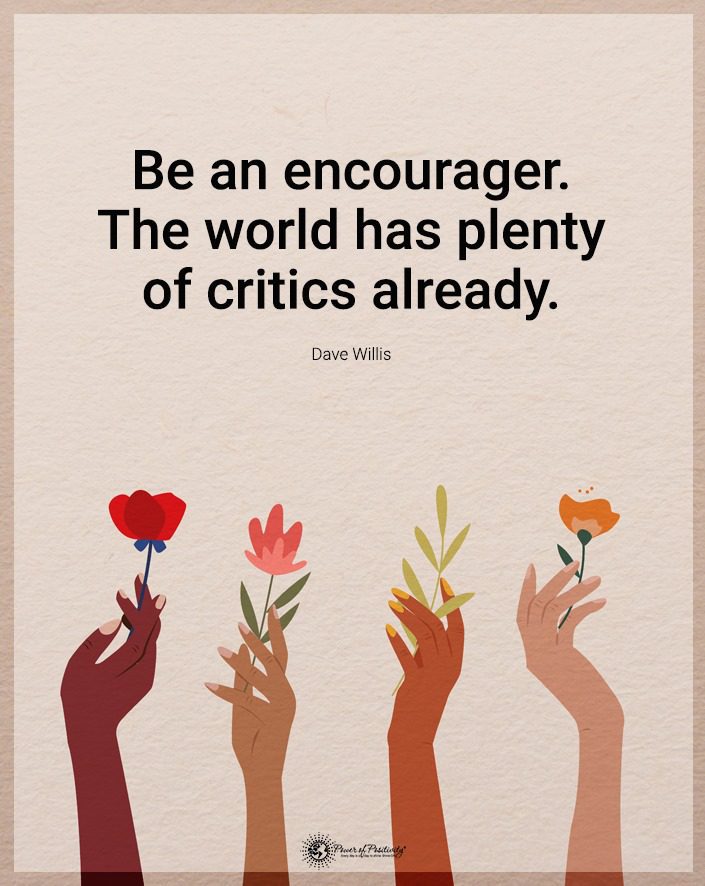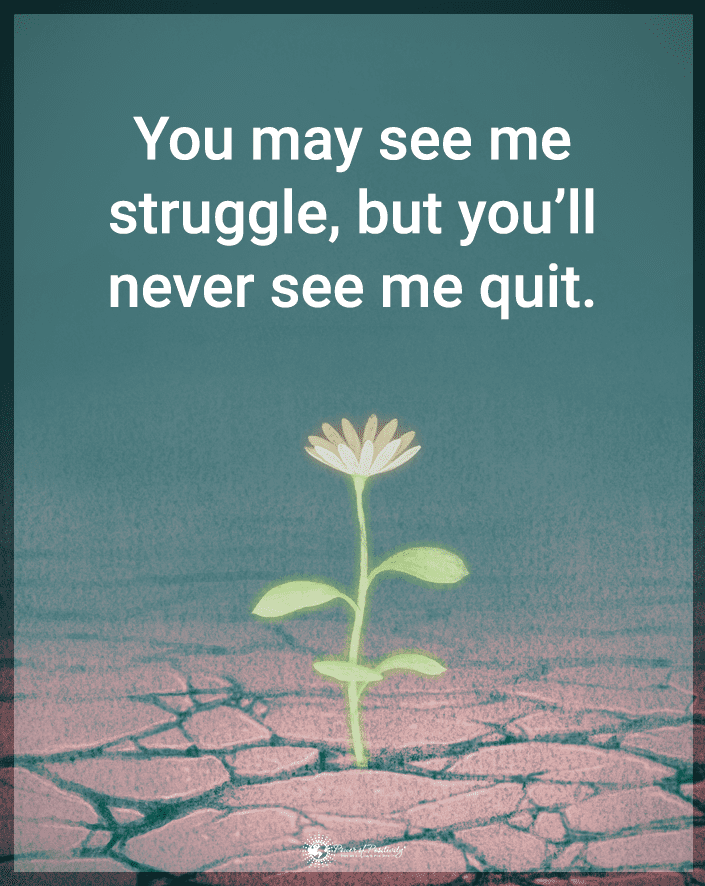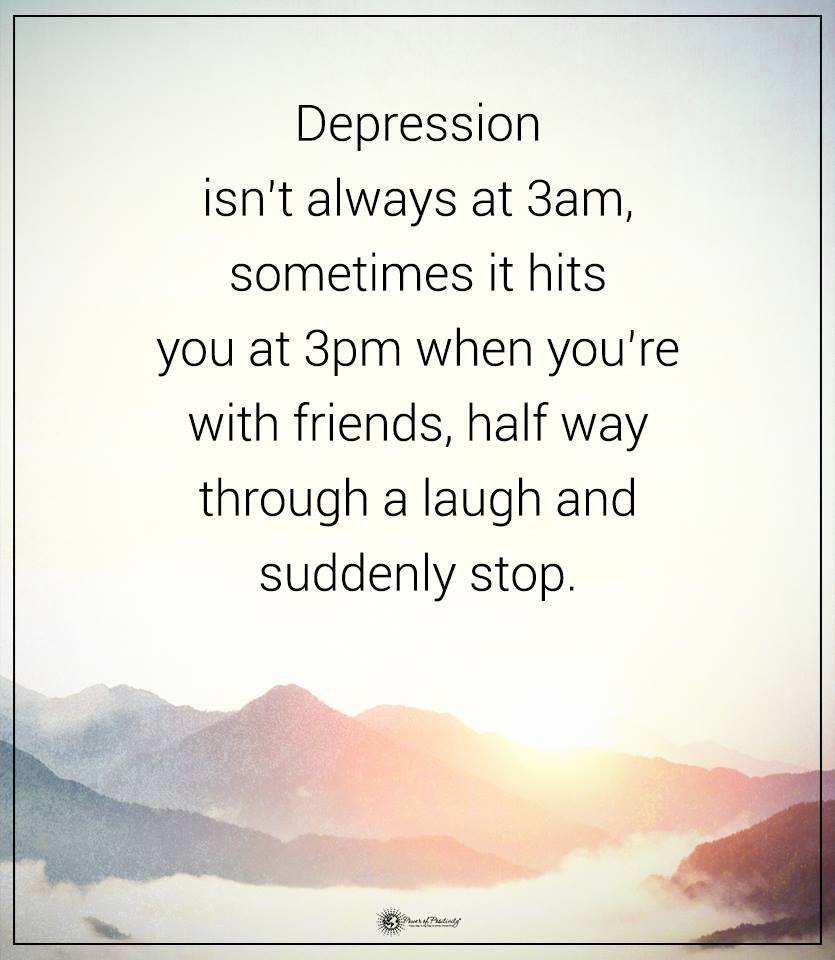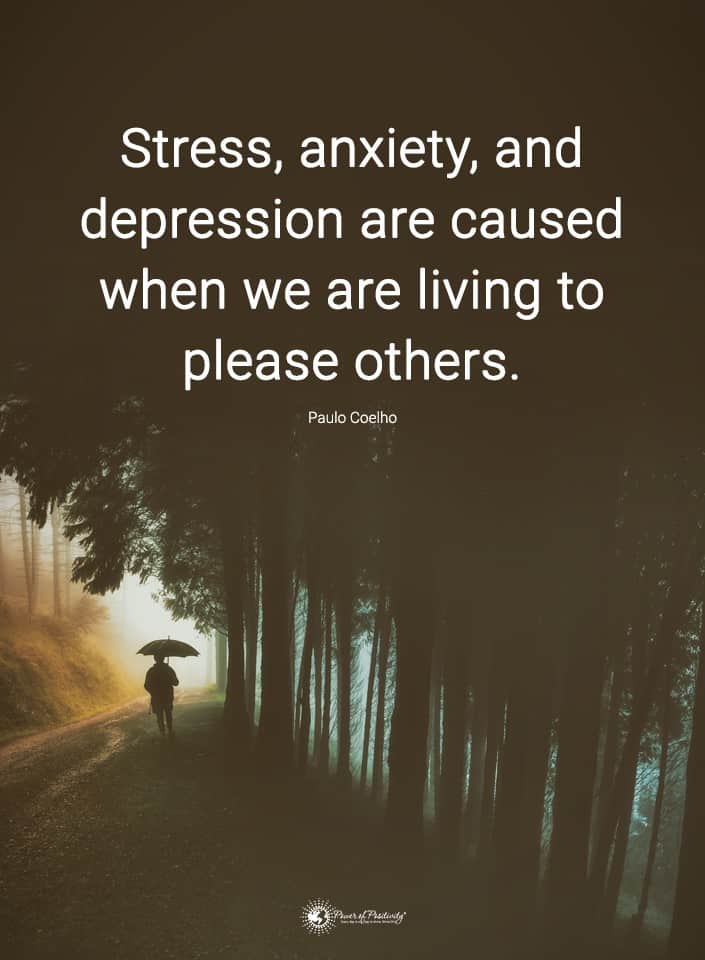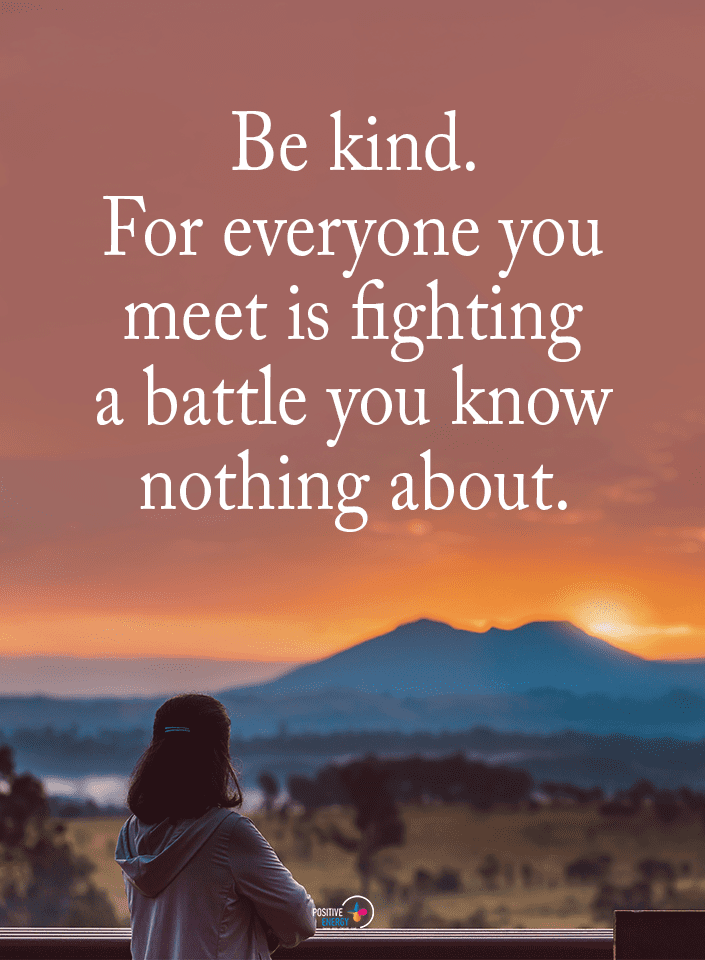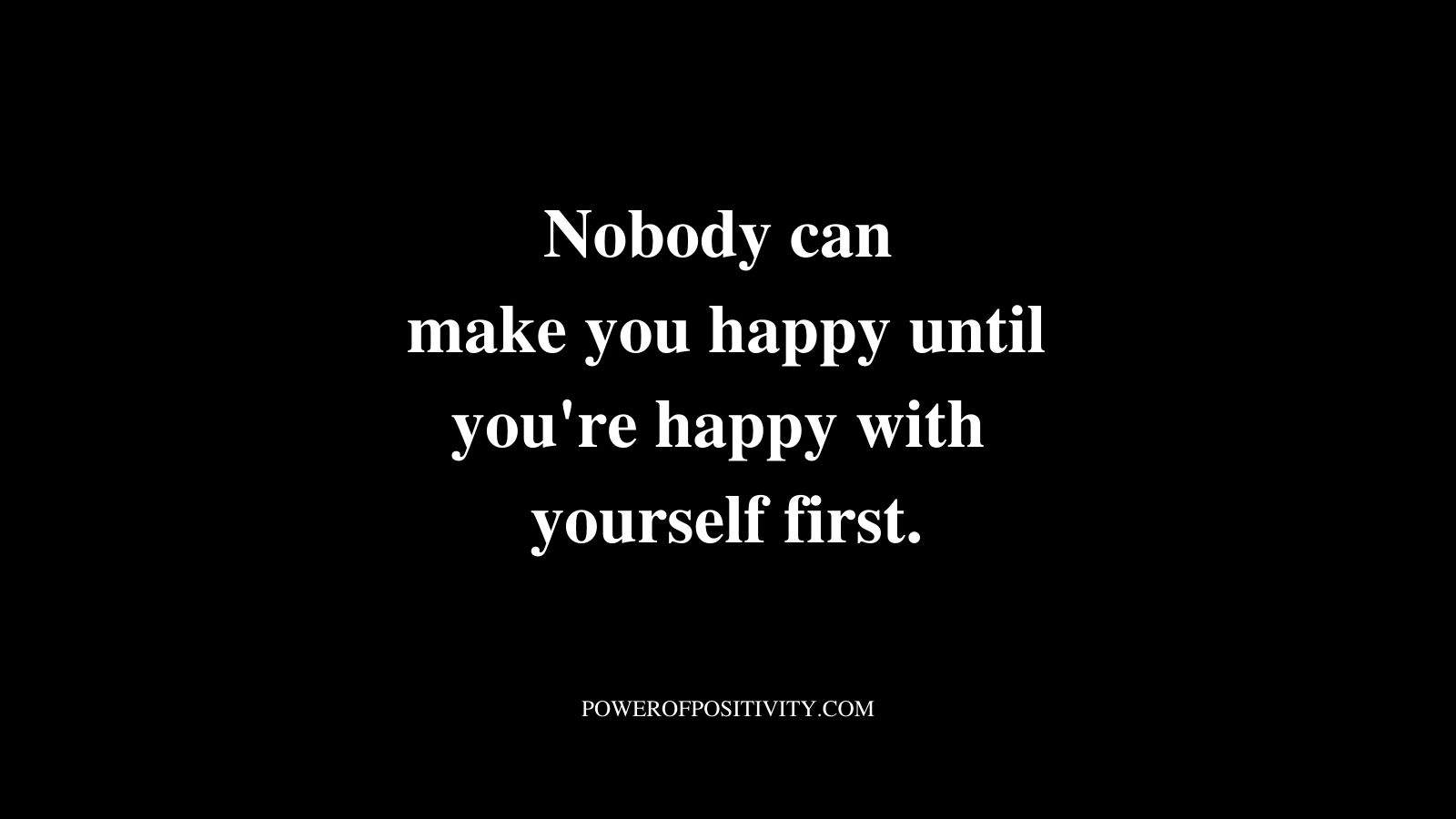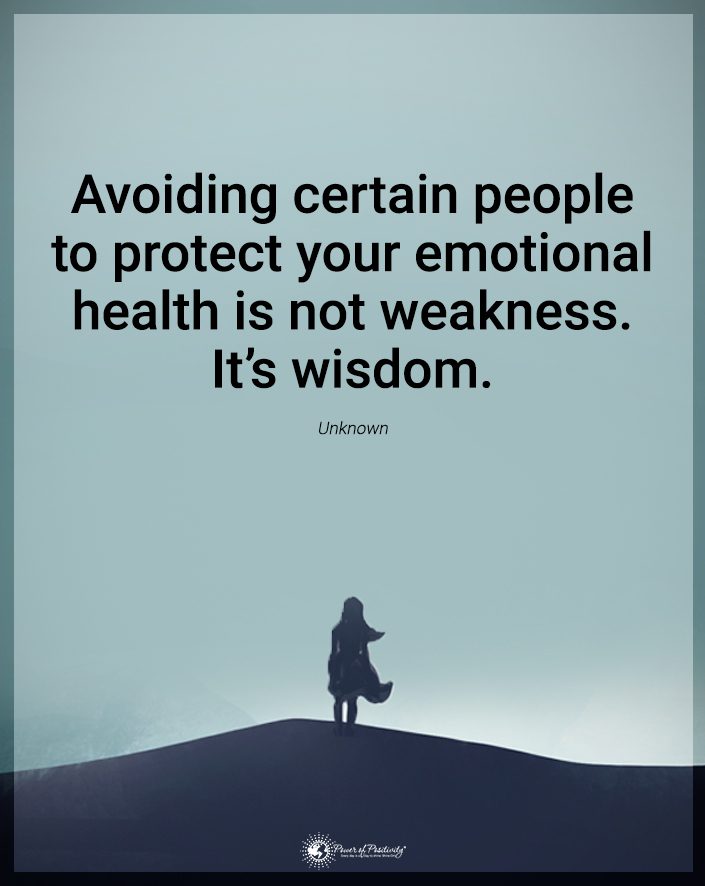It’s been a challenging few years, and it’s times like these where you learn the value of finding solitude. Being alone with your thoughts is not always bad, but it can profoundly affect your mood and overall well-being when you don’t have this time alone.
There are many benefits to shutting the world away and recharging your batteries, clearing your mind, and making plans for the future. Sometimes, you need to turn off the noise and chaos around you so that you can think. Psychologists realize the value of time spent alone, and studies have been dedicated to this private time’s impact on you.
Study Shows Being Alone Can Spark Creativity
One particular study conducted by the University of Buffalo examined 295 individuals. While they noted that spending too much time alone can be mentally damaging, the study showed the benefits. The people who spent more time without the noise from the outside world had higher levels of creativity and a better mood than those who didn’t get much time alone.
Professor Julie Bowker concluded that not all alone time is detrimental, as it can be very beneficial to escape the rumble of the world around you. She further stated that many experts focus on the problems that a lack of socialization can bring, but many don’t see the benefits.
The importance of studies like this shows that it’s very healthy to spend some time alone with your thoughts, though it must be balanced with healthy social interaction. If you tend to be moody and irritable, you may need to shut yourself away for a while and regroup.

Reasons Why Alone Time Can Be a Healthy Practice
Before seeing the benefits of alone time, you must define what solitude means. It all comes down to whether you feel lonely or fulfilled. Your perspective is key to understanding sufficient time spent in silence for you and what’s too much.
If you feel lonely and disconnected from the world, it’s a sign you’re spending too much time alone. This can affect things like your attitude, drive, and self-esteem. However, if you don’t feel lonely, you know that your alone time is beneficial.
Here are some reasons why shutting out the outside world can be imperative for your mood and overall well-being.
1. Solitude Brings a Calming Type of Happiness
Most people are either an introvert or extrovert. Introverts don’t find social interaction as rewarding as others, as they crave their alone time. They find happiness in just being alone with their thoughts.
This personality type needs solitude because it rewards them and their mood. Social exposure stimulates many folks as it causes a surge of dopamine, known as the feel-good hormone.
However, introverted people are extra sensitive to the effects of dopamine, which can cause them to be overstimulated. Instead, they find that their brain reacts better to the neurotransmitter acetylcholine. The happiness that this chemical provides is more calming than stimulating.
According to the National Library of Medicine, acetylcholine is a neurotransmitter starting to gain attention. While talking about dopamine and serotonin is commonplace, other transmitters have many benefits and have been overlooked. For instance, those with higher levels of acetylcholine show lower rates of inflammation and excellent immunity.
2. Alone Time Boosts Your Energy
Have you ever noticed that your energy level is different from other folks? You may be a low-energy person that tires easily when doing stimulating activities. Going to the grocery store or a movie may require you to recharge for a while, as it depletes your resources and puts a damper on your mood.
Do you have a favorite chair or spot where you find that just a few minutes can boost your attitude and energy levels? It’s because you need to be alone to regroup and recharge, and there’s nothing wrong with being different than others.
3. You Can Do What You Want
Many people don’t like social scenes because they must compromise to keep everyone in the group happy. However, when you’re alone, you can do what you want, for however long you want, and you don’t have to answer to anyone. When you call the shots, something is refreshing, as being in charge feels fantastic.
4. Solitude Is Peaceful
Have you ever been to a concert? The noise was so loud it was deafening, but the minute you got outside, you felt free and like you could breathe again. The loud sounds can put your anxiety into overdrive, so you feel instant relief when you escape the noise.
Silence is very peaceful, and you can’t completely relax with so much going on around you. Your mood is elevated when you’re at peace, as turmoil isn’t going to do anything to help your spirits. Noise and confusion can make you cranky and irritable, and a few minutes in solitude brings everything back to a peaceful calm.
5. You Reach a Flow State During Alone Time
Some folks work great with a team and couldn’t imagine being required to work all alone. Conversely, others can’t imagine teamwork as it’s overstimulating for them. They can get great things done when they’re flying solo.
The flow state is the point where everyone wants to be. When work comes effortlessly, you’re in a good mood cause you’re getting things accomplished, and your creativity is soaring. Some people need groups to reach this realm, and others need to be alone.
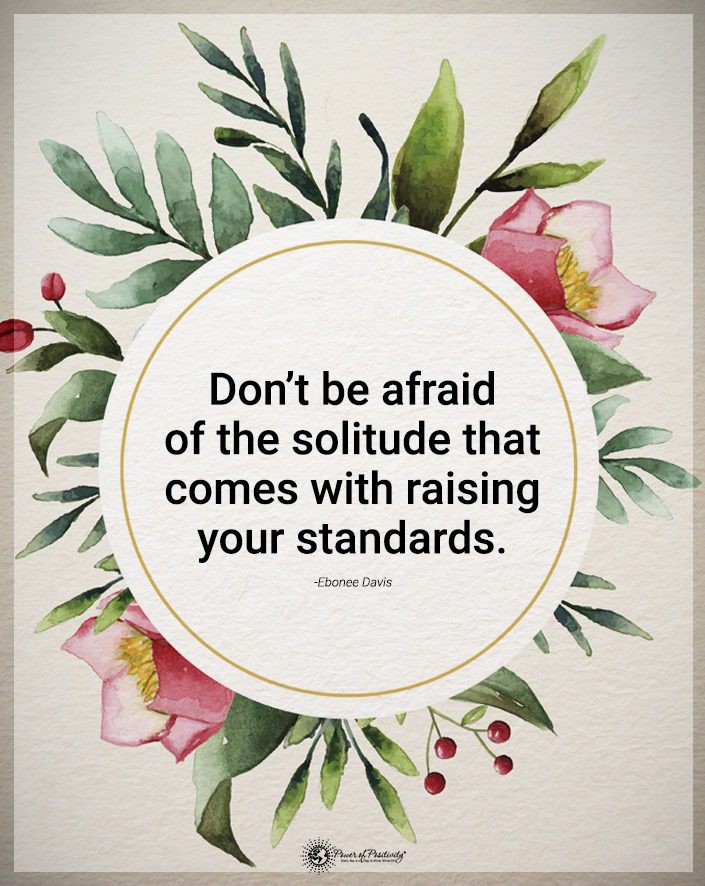
6. You Deal With Less Drama
Some folks thrive on drama. They love the chaos and noise so much that if things are quiet, they will create a spectacle to add interest to their lives. However, this does nothing good for your mood or mental health.
Some folks love being alone because it is less drama and brings good energy. You don’t have time for turmoil or the people that cause it.
7. It Enhances Emotional Independence
Individuals who always need to be with other people depend on these folks for their emotional happiness. However, you know how to create happiness when you prefer to be alone.
Some folks would describe their emotions as a roller coaster, but for you, it tends to be more of a gentle up and down. You can work through those dark times and problems and enhance your mood without anyone else’s help. It’s just how you function best.
8. Solitude Stimulates Contentment
Being content in life takes a lot of work for some people. However, you’ve been blessed with the innate ability to be content in solitude. You don’t fear that you’re missing out just because you don’t keep a happening social calendar.
You would rather be alone and watch TV, read a book, or meditate in silence as it keeps your moods regular. Finding contentment isn’t easy, but alone time seems to be what does it for you. You could care less if you don’t get an invitation to the party of the year, as you probably wouldn’t go anyway.
9. There’s No Need to Conform to Social Etiquette During Alone Time
There’s a lot of pressure on you in a social situation, as you must act a sure way to be accepted. You don’t like wearing a mask and conforming, so you would rather be alone. You often feel anxious in social situations, as your palms sweat and your heart races.
When you’re alone, you don’t have to think about what others think of you or if you fit in. Solitude directly affects your attitude, as being in these socially awkward situations can make you panic.
10. Solitude Revitalizes Your Mind and Body
Alone time is essential to some folks as it revitalizes their entire system. Have you met people who are constantly on the go? They have one speed, overdrive, and you don’t see how they can function.
You don’t like to run on high octane, as you burn out your resources quickly. Your mood will tank when you’re so busy you don’t have time to stop and think. The correlations between those who crave alone time and introverts can’t go unnoticed, as you must recharge your batteries to feel good.
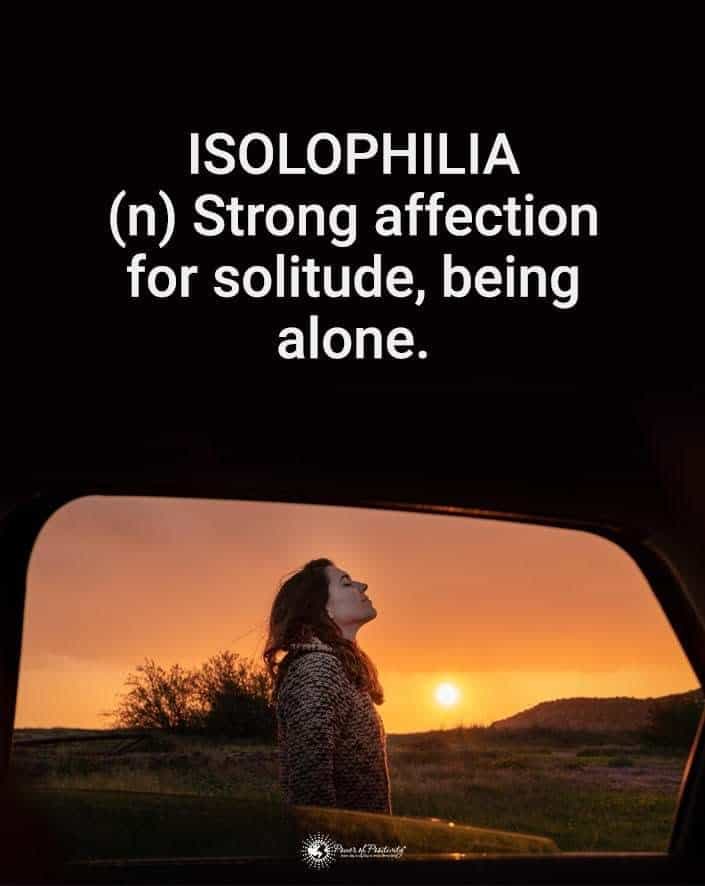
Final Thoughts on the Reasons Why Solitude Is Great for Your Moods
If you’ve noticed that you’re down and blue lately, could it affect your schedule? Are you not spending enough time alone, and it’s caused significant disruption to your quality of life? Your introverted nature may be begging for you to shut the chaos of the world away and be alone.
Undoubtedly, you will notice that it will enhance your happiness, calm you down, and give you a sense that everything is right in your world. Being alone isn’t nearly as bad as once thought, but you must balance it with social interaction.

